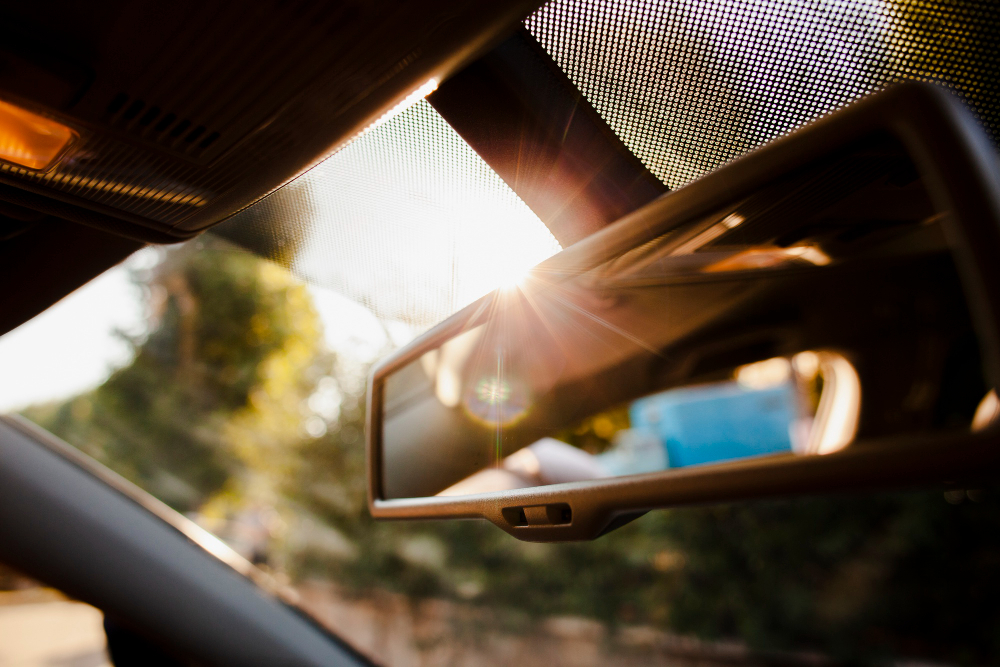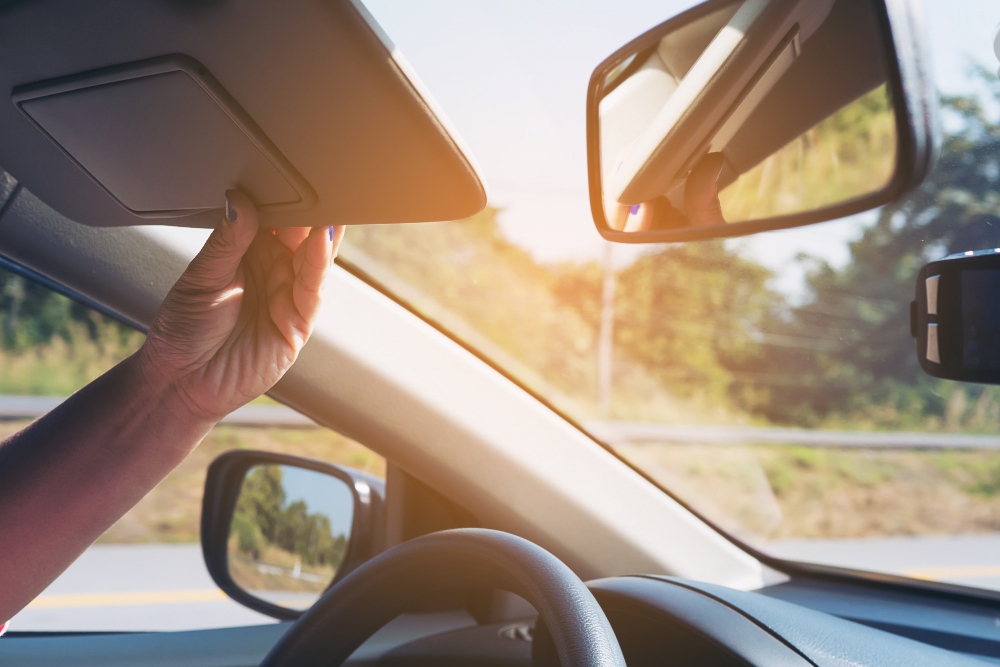Car Window Tinting: Is It Necessary and How Dark Should You Go?

(Photo Credit: freepik)
Car window tinting is a topic that many drivers consider important. Not only does it provide sun protection, but it also offers a multitude of other benefits. Motorist will guide you through the reasons why you should consider car window tinting and how to choose the right tint darkness.
Tinting car windows is a popular choice among many for increased comfort and safety while driving. However, some may still wonder if tinting is truly necessary and what level of tint darkness is most suitable. This article will address these concerns and provide useful information to help you make an informed decision about car window tinting.
Why is Car Window Tinting Important?
- Reduce Interior Heat
Tinting your car windows helps reduce the amount of heat entering your car, especially crucial in a hot country like Thailand. Quality window tints can reflect sunlight and lower the interior temperature, making driving more comfortable and reducing the need for air conditioning.
- UV Protection
UV rays from the sun can damage your skin and increase the risk of skin cancer. Car window tints that filter UV rays can prevent these harmful rays from entering your car, ensuring the safety of both drivers and passengers.
Increased Privacy
Darker window tints enhance privacy for drivers and passengers by making it difficult for outsiders to see inside the car.
- Shatter Protection
Quality window tints can hold the glass together in case of an accident, preventing it from shattering and reducing the risk of injury.

(Photo Credit: freepik)
What Tint Percentage Should You Choose?
Car window tint comes in various levels, each with its own advantages and disadvantages. Choosing the right tint percentage depends on the driver's needs and usage. Here are the commonly used tint percentages:
- 20% Tint
A 20% tint provides the highest level of transparency among all tints. It reduces sunlight and heat to a certain extent while maintaining high transparency, allowing clear visibility inside the car. This is suitable for those who want a tint that is not too dark and requires high transparency.
40% Tint
A 40% tint is a popular choice because it reduces sunlight and heat more effectively while still offering reasonable transparency. This keeps the car interior from being too dark, making it ideal for those looking for a balance between heat protection and transparency.
- 60% Tint
A 60% tint offers better reduction of sunlight and heat. It's suitable for those who want increased heat protection and privacy. Despite being darker, it still allows some visibility from the outside, ensuring safe driving at night.
- 80% Tint
An 80% tint is the darkest, providing maximum privacy and efficient reduction of sunlight and heat. It's perfect for those seeking high privacy and heat protection. However, it may reduce nighttime visibility in some cases, so it should be chosen with care.
Precautions When Tinting Car Windows
- Choose Quality Film
Selecting high-quality film from reputable manufacturers ensures effective light and UV filtering and a longer lifespan.
- Professional Installation
Have your window tint installed by experienced professionals to ensure a flawless application with no bubbles or other issues.
Tinting car windows offers several benefits, enhancing comfort and safety while driving, making it necessary in some cases. The appropriate tint percentage depends on the driver's needs and usage. A 20% tint is suitable for high transparency, a 40% tint provides a balanced choice, a 60% tint is good for heat protection and privacy, and an 80% tint is best for maximum privacy. Consider your specific needs and vehicle usage to achieve the best results.
Claim your free car valuation today!
Read More: Hybrid Cars vs. EVs: Which One is Better for You?
Looking for a car appraisal? You can contact us for a free car valuation within 24 hours…
